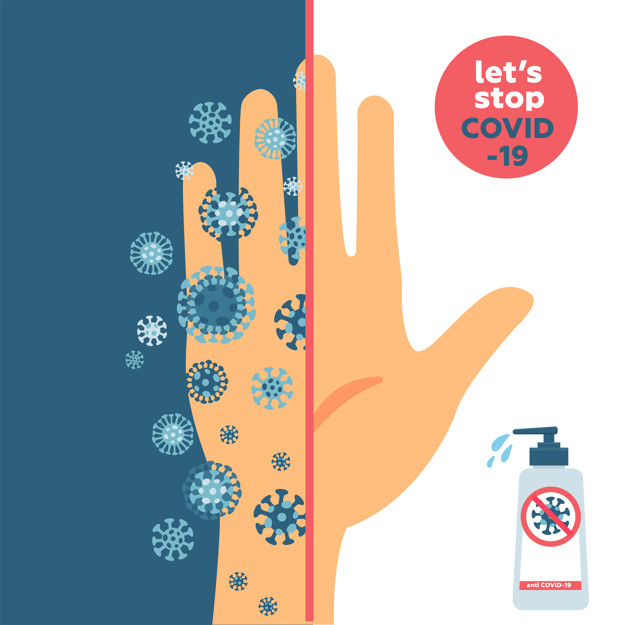You are individual and you are our priority
The COVID-19 disease is a new strain of coronavirus, namely, the SARS-CoV-2 (severe acute respiratory syndrome coronavirus 2). Wuhan, China is the place of origin & detection for the COVID-19 disease. The virus quickly spread throughout the world and WHO recognised it to be a new type of coronavirus. But most coronaviruses aren’t dangerous and are of animal origin.
As of 20 May 2020, more than 4.87 million cases have been reported resulting in 321K deaths and 1.66 million recoveries.
To know whether you may have the disease, please take our COVID-19 self-assessment test
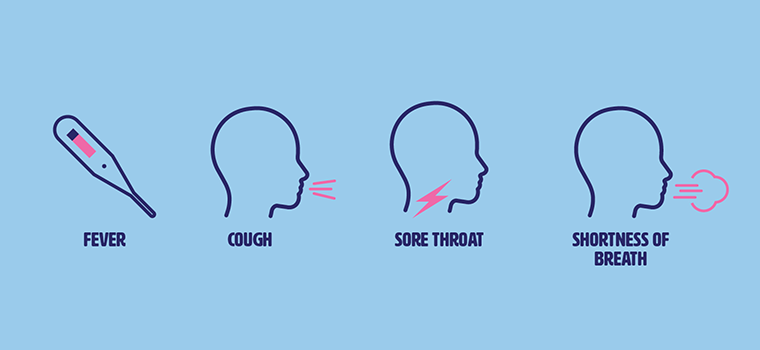
The time from exposure to the virus to actual symptoms is 5-6 days, but it can take upto 14 days. Common symptoms of the new coronavirus disease include -
As the disease progresses, the infected patient experiences pneumonia, respiratory failure, septic shock and lastly, death. This is caused by a steady release of inflammatory proteins called cytokines, which is known as a cytokine storm.
The Coronavirus is transmitted among people via water droplets in the air or on surfaces of everyday things. When an infected person sneezes or coughs, the droplets are sprayed upto 6 feet.
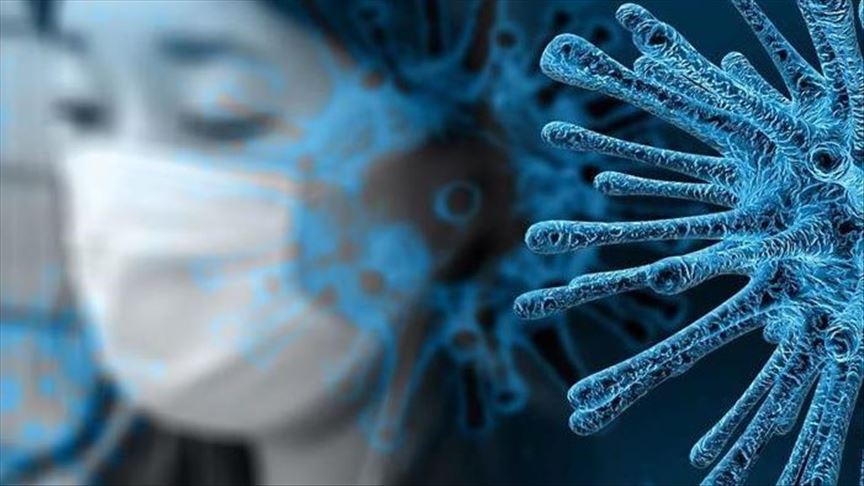
When a healthy person inhales or swallows the virus, they can get sick. Many people have been infected, but show no signs of the disease. Such people are called carriers or spreaders and can infect other healthy people.
The virus can stay on surfaces for anywhere between several hours to a couple of days. That’s why it's absolutely necessary to disinfect surfaces.
You can take the following precautions to avoid getting infected with the COVID-19 -
The standard test for the novel Coronavirus disease is the rRt-PCR (real-time reverse transcriptase polymerase chain reaction). Swabs of the nasopharyngeal tract are used to perform the test and results are available within 2-3 days after the test.
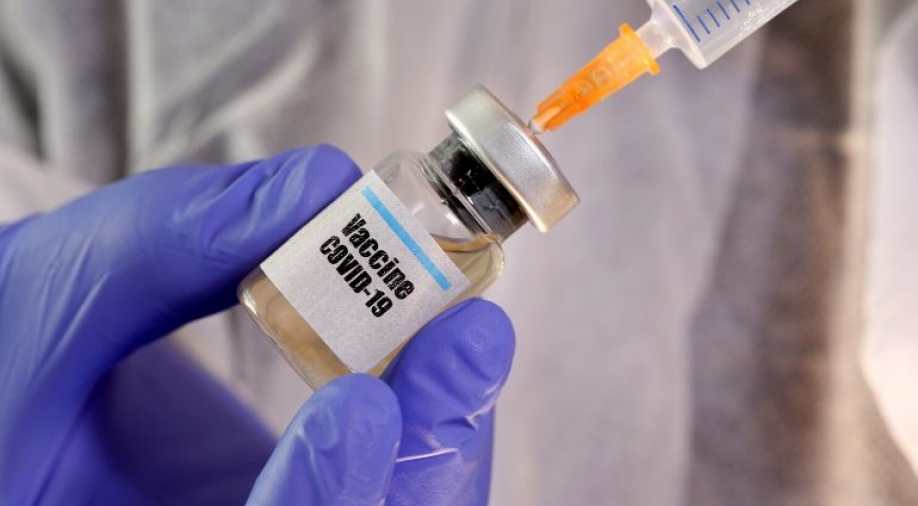
As of now, there’s no cure for COVID-19. On 1 May 2020, the United States authorised healthcare facilities to prescribe remdesivir for reducing the recovery duration. Many vaccines are in the development & testing phases.
Using antibodies from patients who have recovered from COVID-19 is a viable method of getting passive immunity.
To check whether you may have the novel Coronavirus disease, please take our COVID-19 self-assessment test
A virtual telehealth screening test for COVID-19 can be arranged for you by booking a virtual consultation for your diagnosis.
People over 60 years of age are at greatest risk, therefore using virtual telehealth services and telecommunication technology is a great advantage to test as many people as possible without risking healthcare workers.
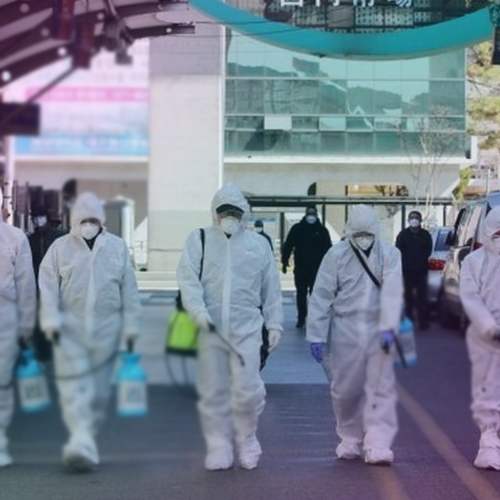
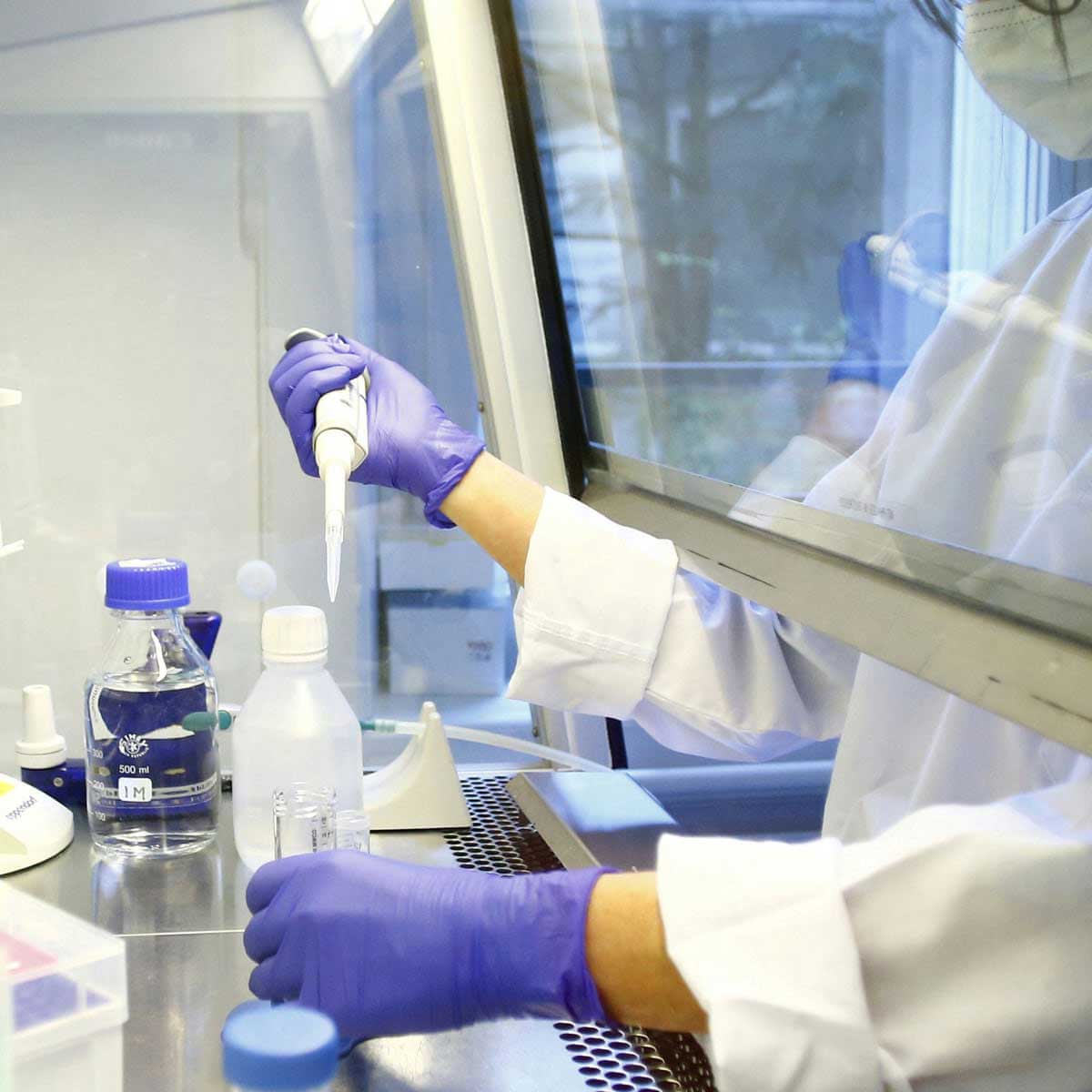
Operational Considerations for Containing COVID-19 in non-US Healthcare Settings
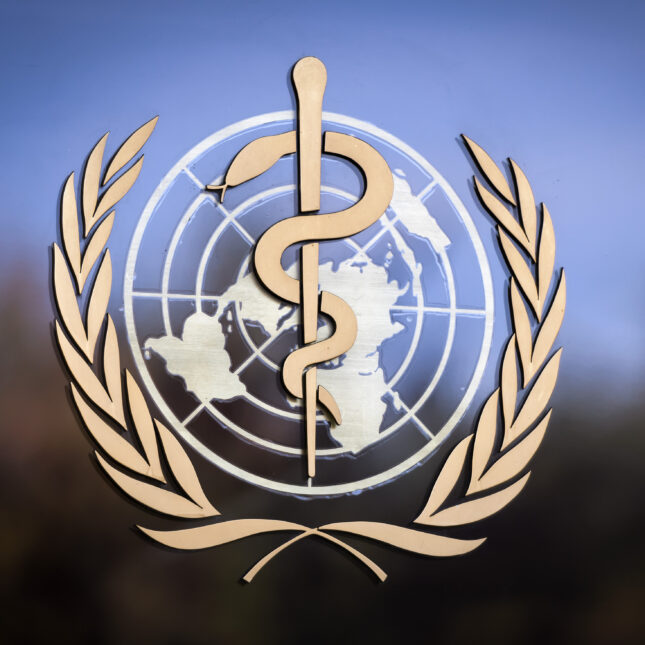
Historic health assembly ends with global commitment to COVID-19 response
